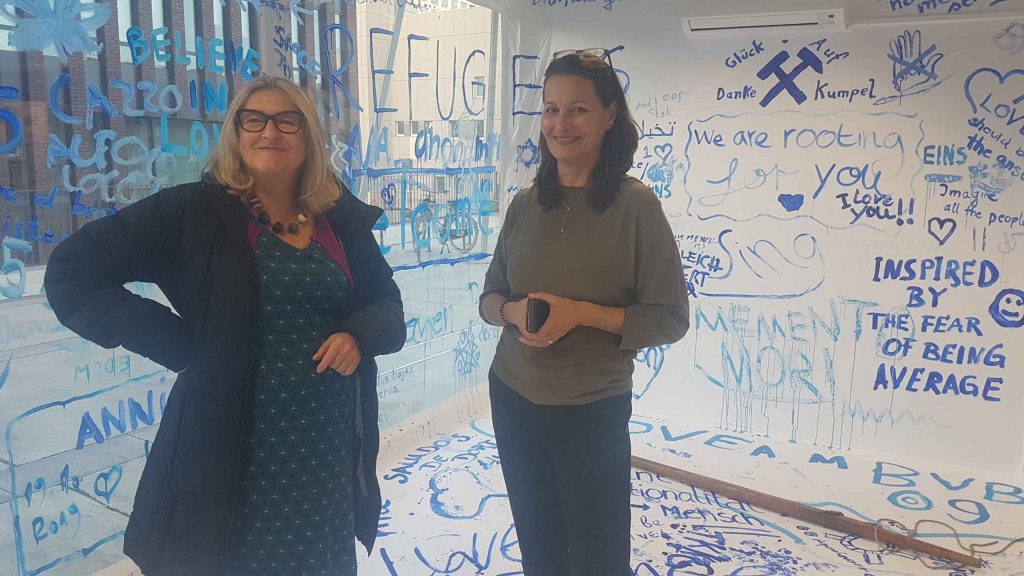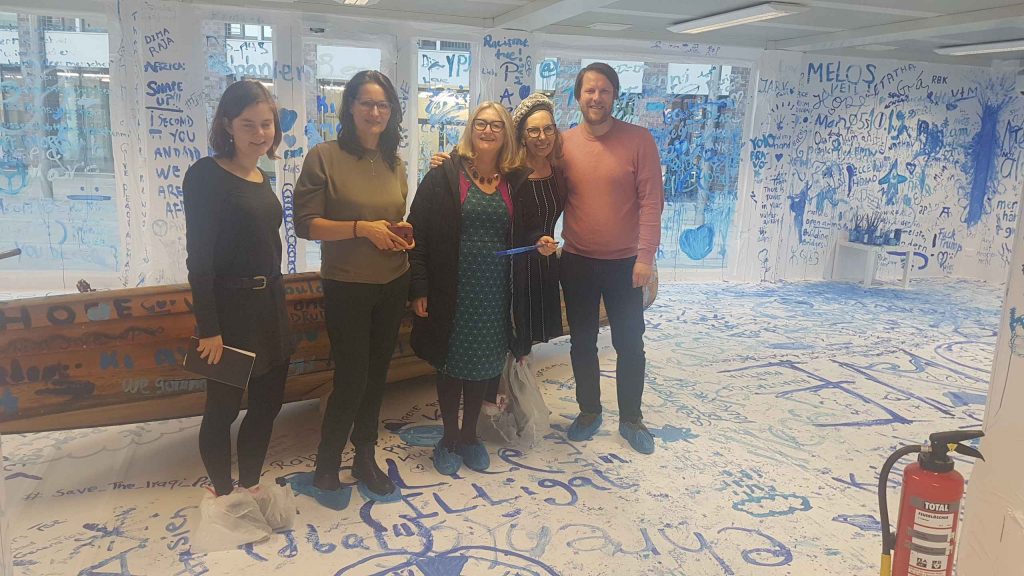Photos from the Cultural program, October 23rd 2019: Yoko Ono Exhibiton Dortmund. Curated by Monika Lengauer (2nd, right)
Photos from the conference 24./25. October 2019
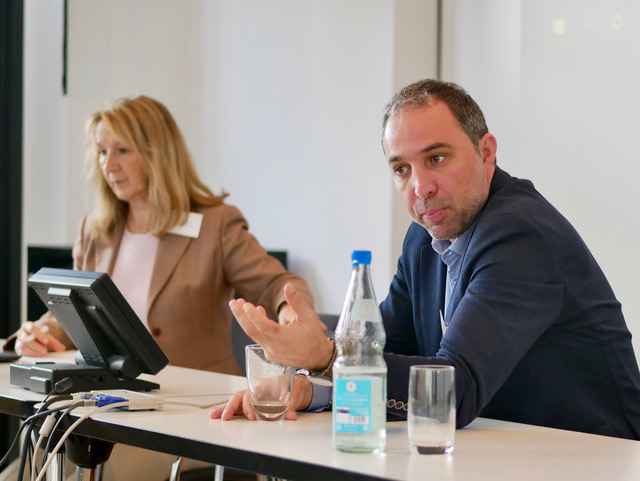
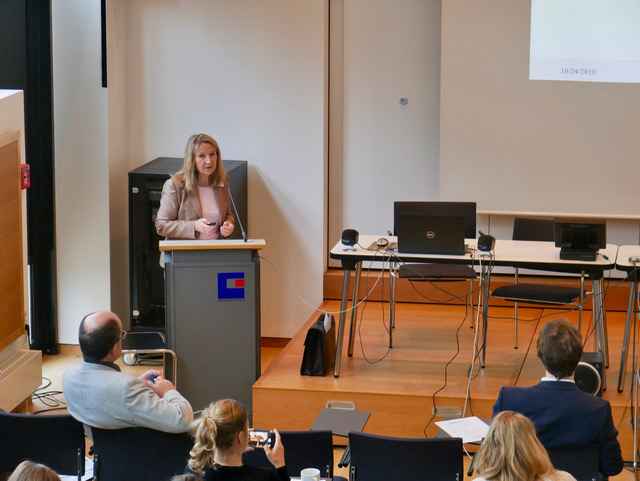
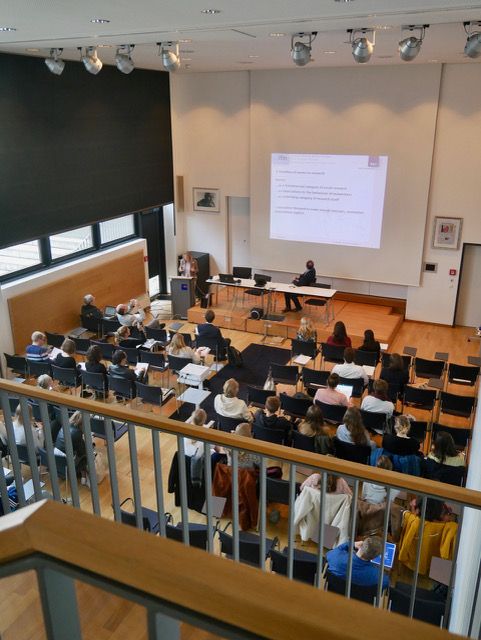
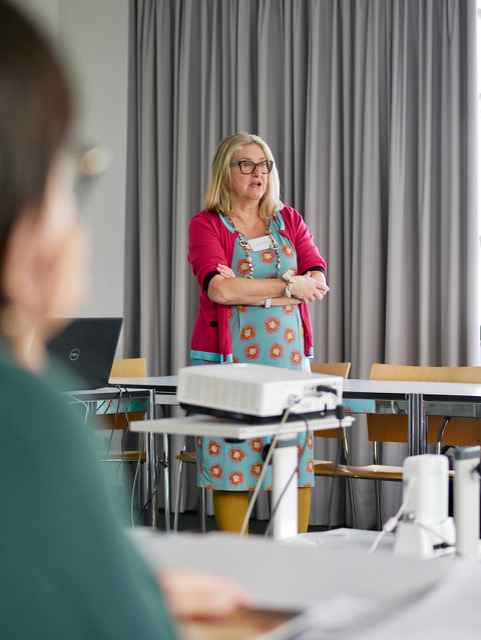
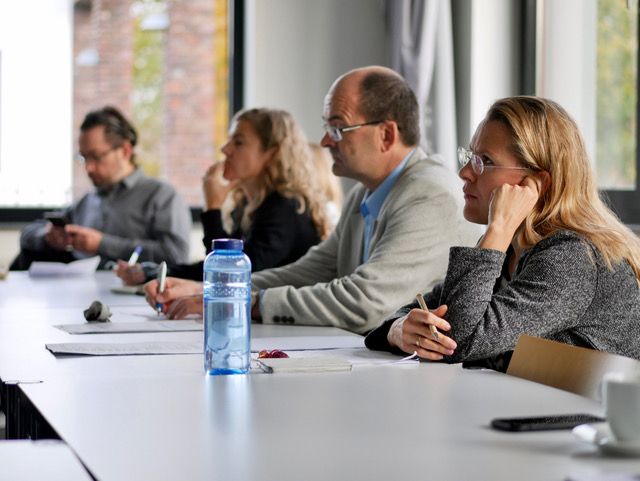
Conference Program
INTER/TRANSNATIONAL MEDIA POLICY AND REGULATION IN DIGITAL ENVIRONMENTS. DEBATES. STRATEGIES. INNOVATIONS
Schedule IIC Conference 2019, October 24-25, Dortmund
23.10.2019:
– Cultural program for early arrivals: 16.30 h guided tour of the Yoko Ono exhibition:
“Add colour (Refugee Boat)”.
– Evening get-together – 18.30 h, Hövel Brewery Dortmund City.
Please indicate, if you can join until October 15th and write to christine.horz@rub.de
| Date/ Time | Activity |
| Conference Day 1: 24.10.2019 | |
| 9.00- 9.30 | Registration |
| 9.30- 10.30 | 1. Keynote Speech: R. Suarez Candel (Head of Media Intelligence, EBU): The future for public service in the media market: challenges and opportunities 2. Keynote Speech: B. Thomaß: Normative perspectives on media regulation in digital environments |
| 10.30- 10.45 | Coffee Break |
| 10.45- 12.00 | Panel 1 Digital Media Regulation J. Brinkmann (Mittweida): “Germanization” of International Media Policy Debates: The Strategic Repertoire of German Publishing Companies in the “Newspaper Crisis” and their Influence on European Media Regulation. M. van Drunen (Amsterdam): Who will decide what is at the top of the newsfeed? Cooperative organisational responsibility in EU media law. S. Fuchsloch (Dortmund): Platforms and intermediary services – same same but different? |
| 12.00- 13.15 | Panel 2: PSM remit in digital environments Ch. Herzog/ J. Meese (Lüneburg, Sidney): Public Service Media and the Re-articulation of Remits in the Digital Environment: A Comparative Resilience Management Framework Approach P. Schneiders (Mainz): In the future without text or without text no future? An evaluation of the reform of the telemedia mandate from a user perspective Response from practice: R. Amlung (ZDF) |
| 13.15- 14.15 | Lunch Break |
| 14.15- 15.45 | Panel 3: Platforms and digital Innovations V. Grassmuck (Berlin): Protcol rather than Platform — Towards a Networked European Public Sphere. Interactive Working groups |
| 15.45- 16.00 | Coffee break |
| 16.00- 17.30 | Panel 4: Challenges and trust in Media C. Haupt (Geneva): The links between strong PSM and healthy democracies – An international perspective A.Skolkay (Bratislava): Government Initiatives targeting Online Harms. F.Meißner (Dusseldorf): Initiatives for assessing news site credibility. The example of NewsGuard. |
| End of day 1 | |
| 19.00- 21.00 | Conference Dinner (self-pay basis) Pfefferkorn (Steaks and vegetarian menue) |
| Conference Day 2: 25.10.2019 | |
| 9.30- 10.00 | 3. Keynote Speech: Lizzie Jackson (London): Fuzzy Media: The Need for Fluidity and Sociable Partnerships |
| 10.00- 11.00 | Panel 5: Journalistic discourses on media regulation Ch. Herzog/ A. Scerbinina (Lüneburg, Rotterdam): “Self-centered, self-promoting, and self-legitimizing”: CNN’s portrayal of media ownership concentration in the US” A. Školkay (Bratislava): Analysis of Global Media Discourse. |
| 11.00- 11.15 | Coffee Break |
| 11.15- 13.00 | Panel 6: (Digital) Media policy and regulation in transitional contexts A.Wollenberg (Berlin): Media policy and (de-)regulation in transitional environments: a comparison of emerging media structures in Iraq and Tunisia. M. Hradický, A. Koltay, Ľ. Kukliš, J. T. Papp, A. Školkay (Bratislava): Digital Media Governance in V-4: The Czech Republic, Hungary, Poland and Slovakia Intermediary Q&A and discussion M. Torres Montenegro (Brussels): Politicization of ICT4D policy research: new pathways to understand policy movement and digital development. R. Zaitoonie (Bochum): Emerging Challenges: The United Nations General Assembly’s Efforts in the Field of Digital Development |
| 13.00- 13:45 | Farewell (plenum) & Lunch Break |
| 13.45- 14.15 | FG- Sitzung Internationale und Interkulturelle Kommunication (DGPuK) Netzwerksitzung “Medienstrukturen”Final debate (plenum) and Farewell |
| End of Conference |
Keynote Speakers
Dr Roberto Suárez Candel (EBU)
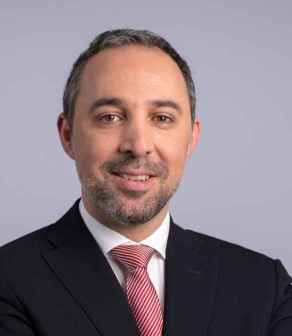
Dr Roberto Suárez Candel is the Head of Strategy & Media Intelligence of the European Broadcasting Union (EBU). He is responsible for the definition and implementation of the corporate strategy, ensuring the delivery of first-class services and value to EBU Members as well as fostering the adaptation of the company to the market and business changes.
He is also in charge of the Media Intelligence Service (MIS), the market research unit of the EBU, and leads the Public Service Media Contribution to Society strategic initiative, which helps EBU Members assess and explain the value they deliver to citizens. His work was focused on communication policy, public service media and ecology of the media. He has contributed to a broad range of international conferences and academic journals, and his research has been awarded several prizes. Roberto Suarez holds a PhD in Social Communication and a Masters in Communication Research from the Pompeu Fabra University (Barcelona, Spain).
Title of Keynote: Any future for public service in the media market? Challenges, hopes and opportunities
/
Barbara Thomaß (Ruhr University Bochum)
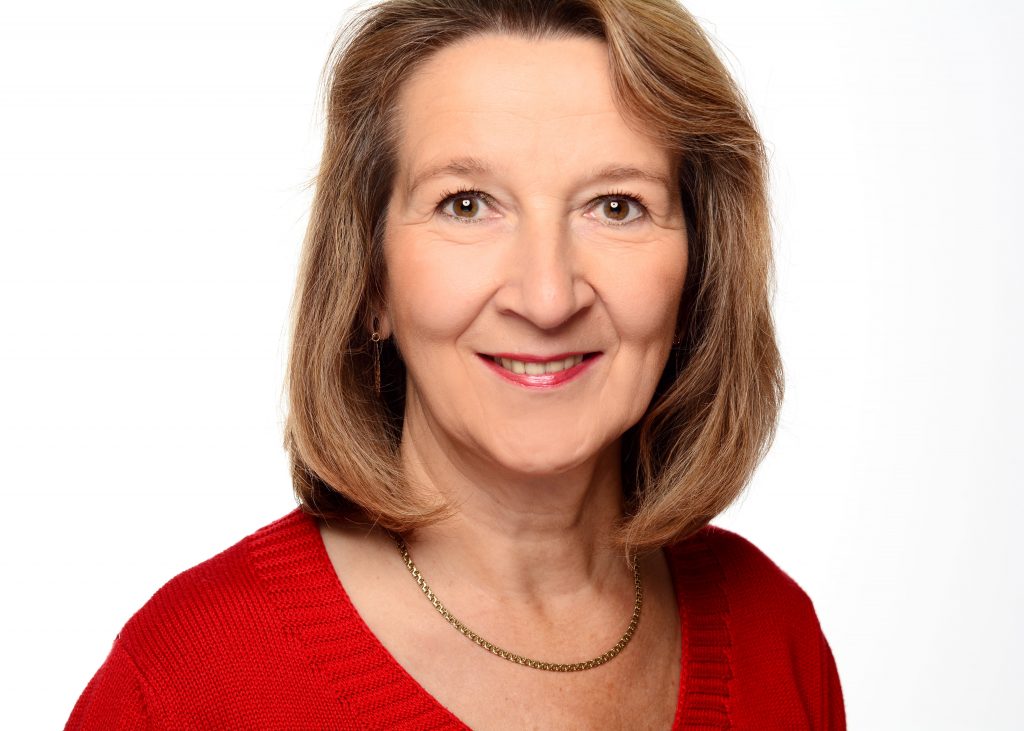
Barbara Thomaß is professor for international comparison of media systems at the Institute for Media Studies, Ruhr-University Bochum. In her work she is concerned with media systems in western and eastern Europe, european media policy, media development, media and journalistic ethics. Visiting professorships in Southampton, Vienna, Paris, and Montreal. Barbara Thomaß is also engaged in public service media ’s future development and is vice chair of the board of the second biggest PSM in Germany, ZDF. She is also Chair of the Academy for Journalism in Hamburg, Member of the European Media Research Group, und founding member of the Network Media Ethics.
Title and abstract:
Normative perspectives on media regulation in digital environments
Media regulation is in this contribution regarded as a normative endeavour: the aim of any media regulation is to enable the communicative discourse in a democratic society. Given the upheavals in the mediascape, we ask: In what way and to what extend are the current processes of media change critical to the pursuit of democratic norms and values in contemporary societies? Special attention is given to inequalities, which have been the unwanted companion of media and communications since public communications emerged. We try to elaborate, what kind of media and communication policy is needed to address inappropriate inequalities in the age of digital communications.
/
Prof. Dr. Lizzie Jackson (London South Banks University)
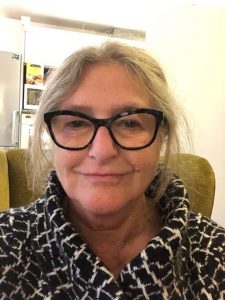
Professor Lizzie Jackson worked at the BBC for over 22 years, latterly in BBC R&D. Her thesis argued that the inclusion of Participatory Media has fundamentally changed the BBC’s relationship with audiences. She co-wrote the 2012 EU Directive on the Governance of Public Service Media and has just completed a three year study on high technology clusters in ten cities in North America and Europe. Lizzie is Director of Research in the School of Arts and Creative Industries at London South Bank University and President of the soon-to-launch International Association of Public Media Researchers.
Title and Abstract:
Fuzzy Media: The Need for Fluidity and Sociable Partnerships
The edges of media are becoming fuzzy, with new forms of media and communications combining and re-combining in a fluid interplay. Audiences swarm between memes and across platforms. Media and communications are becoming embedded in objects (the Internet of Things). For more traditional media firms, such as public service media, Fordist production still often dominates. Partnerships with other Media outlets is often restricted to the commissioning of content rather than other forms of creative co-working. It is argued that Learning partnership skills and evolving new forms of partnership production will be essential in the future. The evidence is based on a three-year ethnographic study (2016-19) of ten high technology clusters in North America and Europe.

